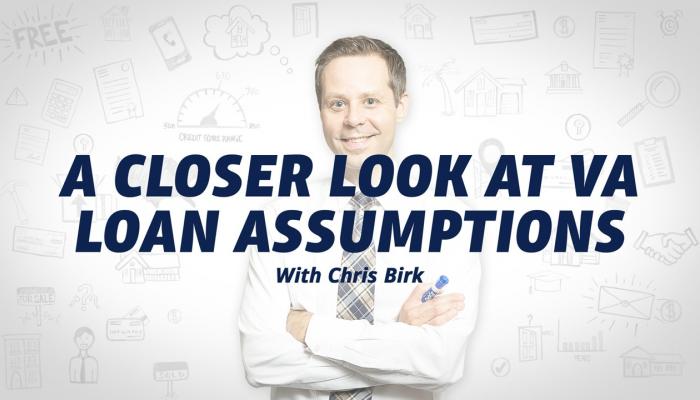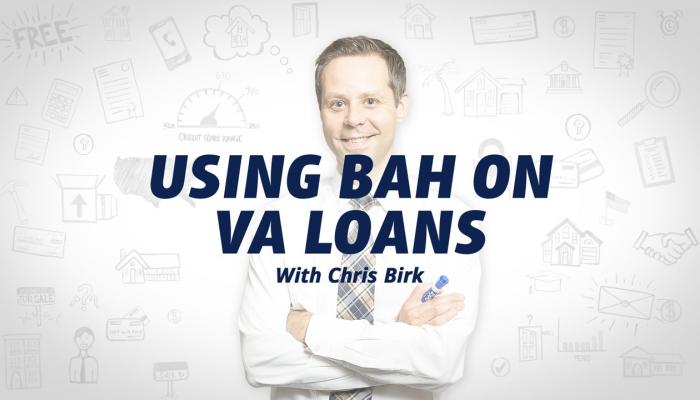Having homeowners insurance on your property isn’t just a good bet. VA lenders will require you to have sufficient homeowners insurance in place before you can close on a loan.
VA loan buyers must have sufficient homeowners insurance before closing, but what counts as "sufficient?"
The type of policy you need, what it covers, and its costs can all vary depending on where you're buying, the age and details of the home, and more.
Policy requirements and guidelines for Veteran home insurance will likely differ by lender, which borrowers might also hear referred to as "hazard insurance."
Hazard Insurance vs. Homeowners Insurance
Hazard insurance is a part of homeowners insurance that refers to severe structural damage to the home caused by natural disasters. Homeowners insurance as a whole is financial protection against theft and damage to your home. These terms are often used interchangeably.
What does homeowners insurance cover?
Most homeowners insurance policies provide:
- Dwelling coverage for damage to the home: This covers damage or loss to the physical structure of your home, such as the walls, roof, foundation and built-in appliances. It also covers perils like fire, windstorms, hail, lightning and vandalism.
- Coverage for separate structures on the property: This extends coverage to structures on your property that are not part of your main dwelling, such as detached garages, sheds or fences.
- Personal property coverage: This covers your personal belongings, including furniture, clothing, electronics and other items. Some policies also provide "off-premises" coverage for lost or stolen items outside your home.
- Liability coverage: Liability coverage protects you financially if you're found responsible for injuring someone or damaging their property, either on your property or elsewhere. It can also cover legal expenses in case of a lawsuit.
That's by no means an exhaustive list. But notice that a standard homeowners insurance policy does not typically cover major damage sources like floods and earthquakes. These types of natural disasters will usually require additional insurance.
VA buyers interested in purchasing a home in areas at high risk for flooding must obtain a separate flood insurance policy before closing on their loan. Earthquake insurance is not required for a mortgage but may be recommended depending on your location.
How is homeowners insurance paid?
Borrowers must pay their first year's insurance premium at or before closing. After this first year's payment, homeowners' insurance is typically paid each month as part of your regular mortgage payment. As a service to homeowners, the lender or servicer will escrow these portions and pay the annual bill for you.
Homeowners insurance is a permissible cost that sellers can cover as part of your VA loan closing costs and concessions. Just keep in mind that it will count against the 4% seller concession cap.
Costs May Fluctuate
Homeowners insurance premiums can increase or decrease yearly, even if you don't file a claim. Homeowners often see premium increases due to things outside their control, such as inflation, natural disasters, aging homes and more.
Keep an eye on this cost every year, as a premium increase will likely impact your monthly mortgage payment.
Despite the potential fluctuations that come with homeowners insurance, VA loan buyers may be thrilled to know that mortgage insurance isn't a concern. And yes, they are two different things.
Homeowners Insurance is not the same as Mortgage Insurance
Homeowners insurance and mortgage insurance serve very different purposes.
Homeowners Insurance is intended to protect a homeowner against property damage and potential liabilities, while mortgage insurance lowers the risk for mortgage lenders if a borrower defaults.
While other mortgage loan types require borrowers to pay mortgage insurance if they make a down payment of less than 20%, a great benefit of VA loans is that they do not require private mortgage insurance (PMI) or any other type of m
Homeowners Insurance vs. Home Warranty
You may also be wondering how homeowners insurance compares to home warranty policies.
Let's see how they compare, side by side:
Homeowners Insurance vs. Home Warranty
You may also be wondering how homeowners insurance compares to home warranty policies.
Let's see how they compare, side by side:
| Homeowners Insurance | Home Warranty |
| Protects against property damage and liability | Covers repair or replacement of home systems and appliances due to normal wear and tear |
| Required by most lenders | Coverage is optional |
| Sudden and accidental events (fire, theft, storms, liability) | Normal wear and tear, mechanical failures and breakdowns of covered items |
| Claims require deductibles | Claims come with service fees |
| Higher premiums based on home value, location and coverage limits | Annual premiums or service fees, plus a service fee or deductible for each repair request |
The biggest takeaway is that most lenders require homeowners insurance, while a home warranty is optional.
Veterans United Homeowners Insurance Guidelines
At Veterans United, we require proof of 12 months (minimum) worth of coverage. The effective date of the homeowners insurance policy must begin before the loan's funding date.
The policy's coverage needs to be based on what it would cost to rebuild the home in today's real estate and building environment, known as replacement cost, rather than its market value.
Proof of Insurance
Before closing, we will need a full 12-month "binder" or a declaration page as proof of insurance. An insurance binder is temporary proof of your insurance policy. A declaration page includes coverage limits, deductibles, premiums, and policy endorsements, and it serves as an ongoing reference for policyholders during the term of the policy.
Whichever document you provide must outline your coverage and list our company as a payee (along with the borrower) in the event the home is damaged or destroyed.
The insurance binder can't have any language indicating your coverage is contingent upon the payment of your premium. If this kind of wording appears, borrowers will need to ask the company to remove it, pay their premium upfront and seek reimbursement at closing, or get a new binder from another company.
In addition, the binder needs to list the deductible, which can't be more than 5 percent of the dwelling coverage.
Wind and Hail Coverage
Veterans United requires wind and hail coverage to be included in the homeowner's insurance policy for buyers purchasing in:
- Alabama
- Connecticut
- Delaware
- Florida
- Georgia
- Hawaii
- Louisiana
- Maine
- Maryland
- Massachusetts
- Mississippi
- New Hampshire
- New Jersey
- New York
- North Carolina
- Rhode Island
- South Carolina
- Texas
- Virginia
Homeowners insurance guidelines and requirements can look different for Veterans and service members purchasing condos in a VA-approved development. Talk with a Veterans United VA Loan Expert for more details.
Answer a few questions below to speak with a specialist about what your military service has earned you.
Related Posts
-
 VA Loan Assumption: Breaking Down How VA Assumptions WorkAssuming another's VA loan is an intriguing benefit with VA loans. Here we take a look at what an assumption is, the process and who can assume a VA loan.
VA Loan Assumption: Breaking Down How VA Assumptions WorkAssuming another's VA loan is an intriguing benefit with VA loans. Here we take a look at what an assumption is, the process and who can assume a VA loan. -
 Using Basic Allowance for Housing (BAH) on VA LoansAn incredibly powerful benefit of the VA home loan is military members' ability to use their Basic Allowance for Housing (BAH) towards their mortgage payments. BAH rates depend on several different factors, so it's crucial to verify your amount with the DOD.
Using Basic Allowance for Housing (BAH) on VA LoansAn incredibly powerful benefit of the VA home loan is military members' ability to use their Basic Allowance for Housing (BAH) towards their mortgage payments. BAH rates depend on several different factors, so it's crucial to verify your amount with the DOD.


